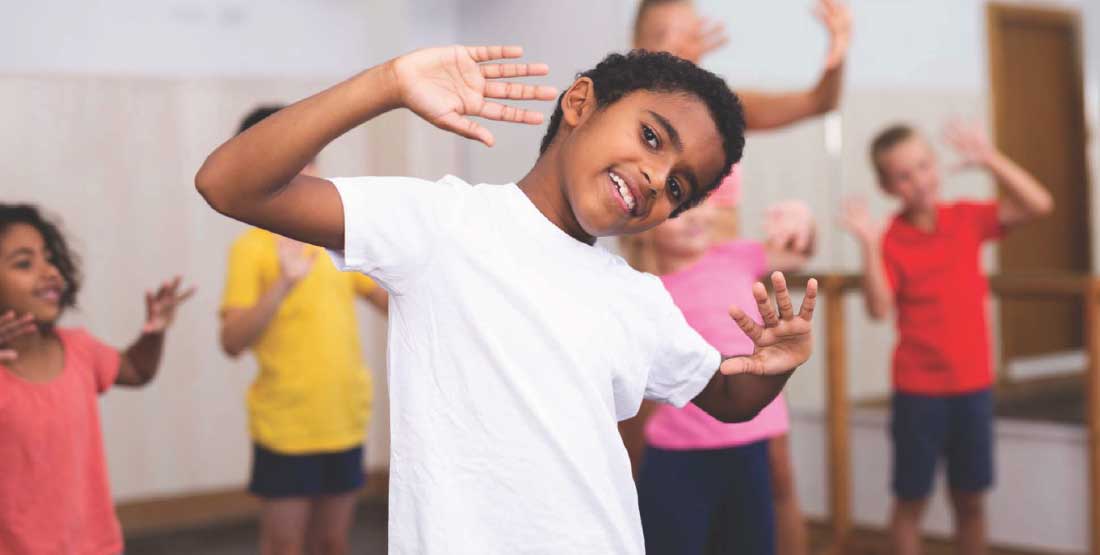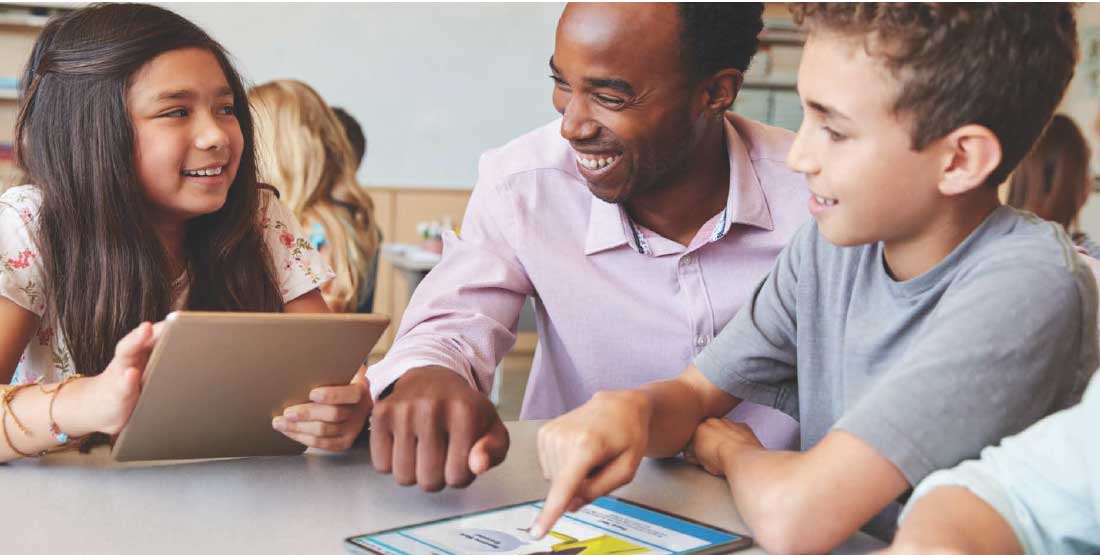Four skill areas in one
Secret Agent Society (SAS) Small Group Program is an evidence-based breakthrough approach for clinical and school services to teach children:
- Emotion Recognition (in other people and self);
- Emotion Regulation (particularly anxiety and anger);
- Diverse Social Skills (including for both friendship and team work!); and
- Problem Solving (as an individual and in a group).
Strong evidence-base
Originally designed and demonstrated to be effective for children on the autism spectrum, the evidence-based program is delivered to children aged 8 to 12 with identified social and emotional goals, including autism, attention deficit hyperactivity disorder (ADHD), and anxiety disorders. With over 20 publications to-date, research has been conducted in Australia, Ireland, Canada, and USA.
Innovative and practical
Recently transformed into an innovative digital health solution, SAS is now available as an intuitive and engaging software package for delivery by clinical or education professionals. The software (including espionage-themed gamified learning) streamlines group sessions, between-session activities, and adult information sharing for both face-to-face or telehealth services.
The digital health approach allows for:
- innovative collaboration by each child’s adult support network at home, school and beyond;
- application to reach more families through remote service delivery;
- automated pre-post assessment administration and scoring;
- real-time group progress reporting; and
- program fidelity for maximum results and service quality.
For more information about the Secret Agent Society, including how to become an SAS Provider or to find out how the program can help your child, visit our website.
Visit the SAS website Watch the trailer Free webinar on Flexible Delivery

“Didn’t think we would be where we are now, I was going to pull him out of school altogether.”

“A lot easier to parent. I enjoy it more now and I get to do nice stuff with him now.”
Social Science Translated is a wholly-owned subsidiary of the not-for-profit Autism CRC Ltd, a world first research collaboration based in Australia.
